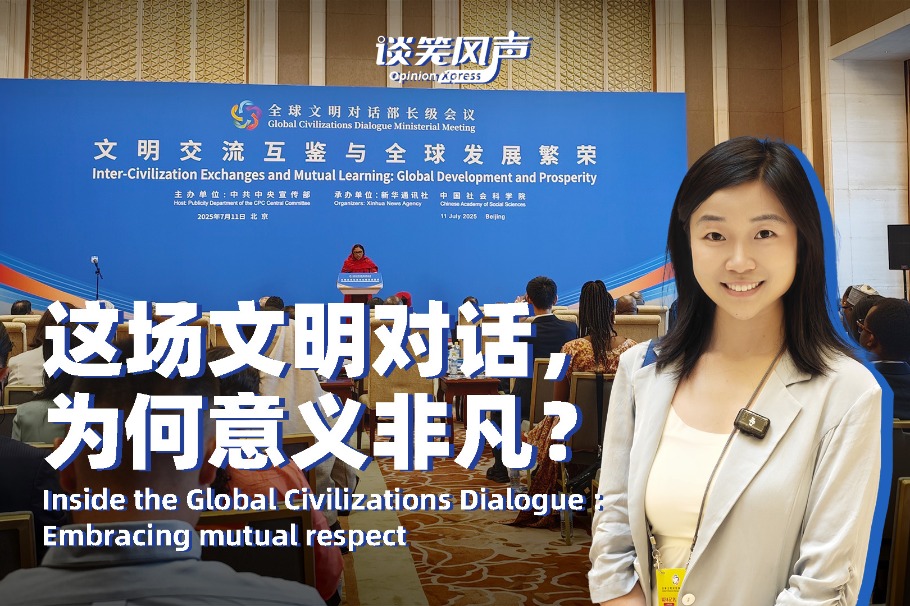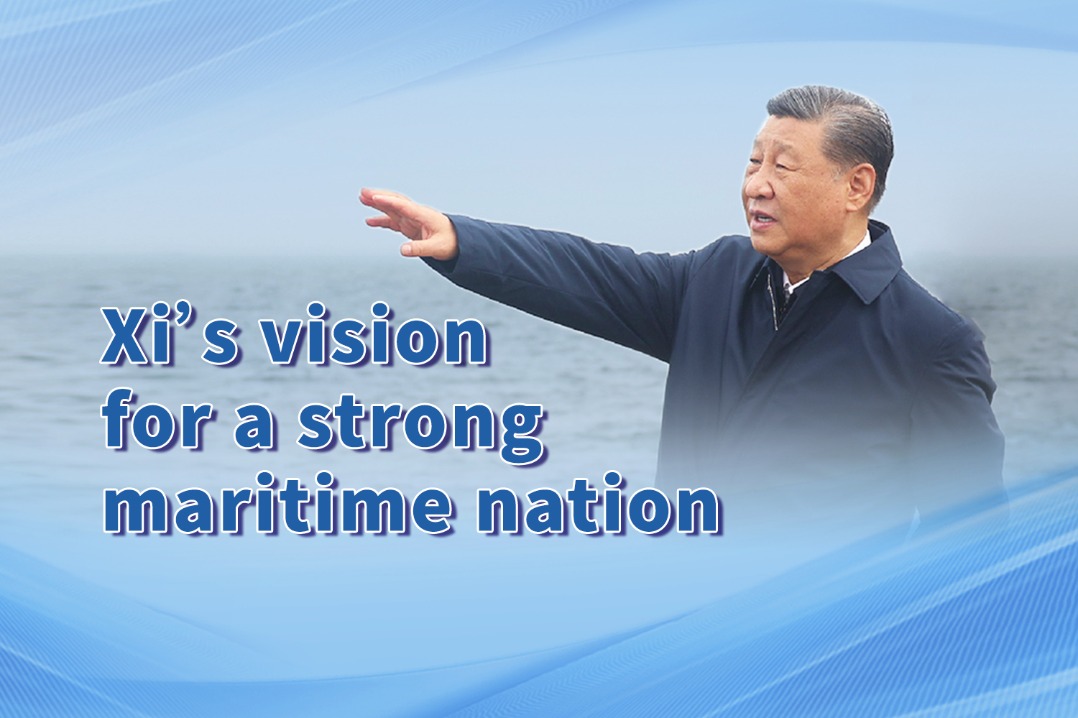Universities change courses to better reflect nation's needs
Some majors disappear, others added as education aligns with development


Changes underway
The key to determining whether an academic program should be restructured or discontinued lies in its contribution to national strategies and its relevance to solving real-world problems while staying in tune with future developments, Liao Xiangzhong, Party Secretary of CUC, said in an interview last month.
Since 2018, the university has phased out over a dozen programs. However, rather than simply cutting programs, Liao has encouraged faculties to update courses and be innovative in their relevant fields.
CUC's School of Science, for example, underwent a reorganization. Originally focusing on applied mathematics, a discipline not strongly aligned with the university's strengths in media and communications, the school was transformed into the School of Data Science and Intelligent Media.
"Initially, some faculty members resisted the decision. But now the school is thriving, and teachers have successfully adapted," Liao said, calling it a prime example of academic transformation.
The university also added new academic programs to meet national strategic needs, Liao said. In 2019, the university leveraged its strengths in media and governance studies to establish the School of Government and Public Affairs.
In addition, CUC has also introduced "AI+" and"+AI" initiatives to integrate artificial intelligence into various disciplines to remain at the forefront of technological advancements, Liao said.
Huang, who is doing studies at the university's Advertising Institute, said the faculty had invited AI experts to discuss how to upgrade the courses.
Wu, vice minister of education, emphasized the importance of aligning academic programs with students' holistic development, which includes the integration of AI to enhance curriculum content and optimize talent development.
Wu said the country will keep supporting the development of new engineering, new medicine, new agriculture, and new liberal arts, and the expansion of programs in emerging fields and critical strategic areas.
"The goal is to ensure that undergraduate programs are responsive to national needs, cultivating talent in key areas that contribute to China's growth," he said.
Earlier this year, the ministry evaluated the relevance of academic programs in provinces such as Heilongjiang, Zhejiang, Henan, and Shaanxi, with plans to expand the evaluation in 2025.
"Clusters of specialized academic programs are expected to be formed, which are linked to local industry clusters to ensure that regional development is supported by educational programs and talent pipelines," Wu said.
Contact the writers at zhaoyimeng@chinadaily.com.cn























